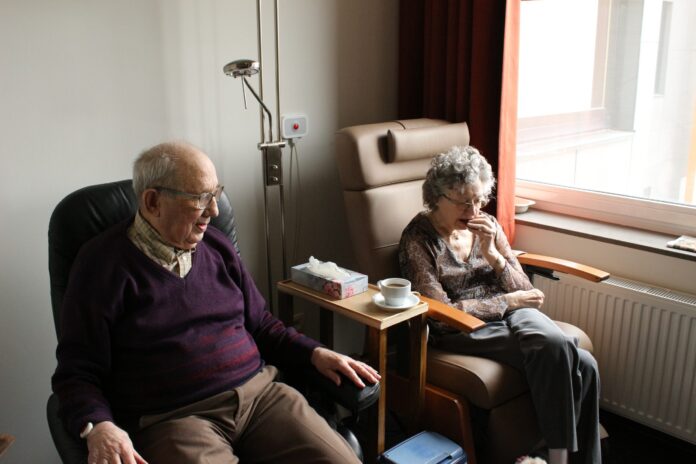The literature on workers in gender atypical occupations has been dominated by a focus on women doing men’s work. Much less attention has been paid to men in women’s work, and even less to the impact of migration. Based on 28 in-depth interviews with migrant men having experiences of working in hands-on social care in England, this article is a contribution to the understanding of migrant men’s entry dynamics into a female-dominated occupation. Focusing on migrant life experiences, it discusses how they actively engage in three entry dynamics: (1) facing barriers and negotiating them, (2) ‘stumbling upon’ women’s work, then developing compensating strategies and (3) migratory/temporary settling into the sector. The article suggests a theory about lifelong ‘travelling’ when entering women’s work: a continuing process of negotiating work options within a specific historical sector context, the intersection of gender and migration being part of this.
Hussein, S. and Christensen, K. (2017) Migration, gender and low-paid work: on migrant men’s entry dynamics into the feminised social care work in the UK. Journal of Ethnic and Migration Studies. 43(5): 749-765.
Image credit: Elien Dumon – unsplash.com
Founder and Director
Shereen Husseinis a Health and Social Care Policy professor at the London School of Hygiene and Tropical Medicine (LSHTM), United Kingdom.
Shereen Founded the MENARAH Network in 2019, through an initial grant from the Global Challenge Research Fund, UKRI. She is a medical demographer with expertise in ageing, family dynamics, migration and long-term care systems. Shereen regularly collaborates with the United Nations, the World Health Organisation and the World Bank in policy and research focused on ageing in the Middle East and North Africa Region.
Shereen received her undergraduate degree in statistics and a postgraduate degree in computer science at Cairo University. She completed an MSc in medical demography at the London School of Hygiene and a PhD in quantitative demography and population studies at the London School of Economics and Political Science, United Kingdom.



